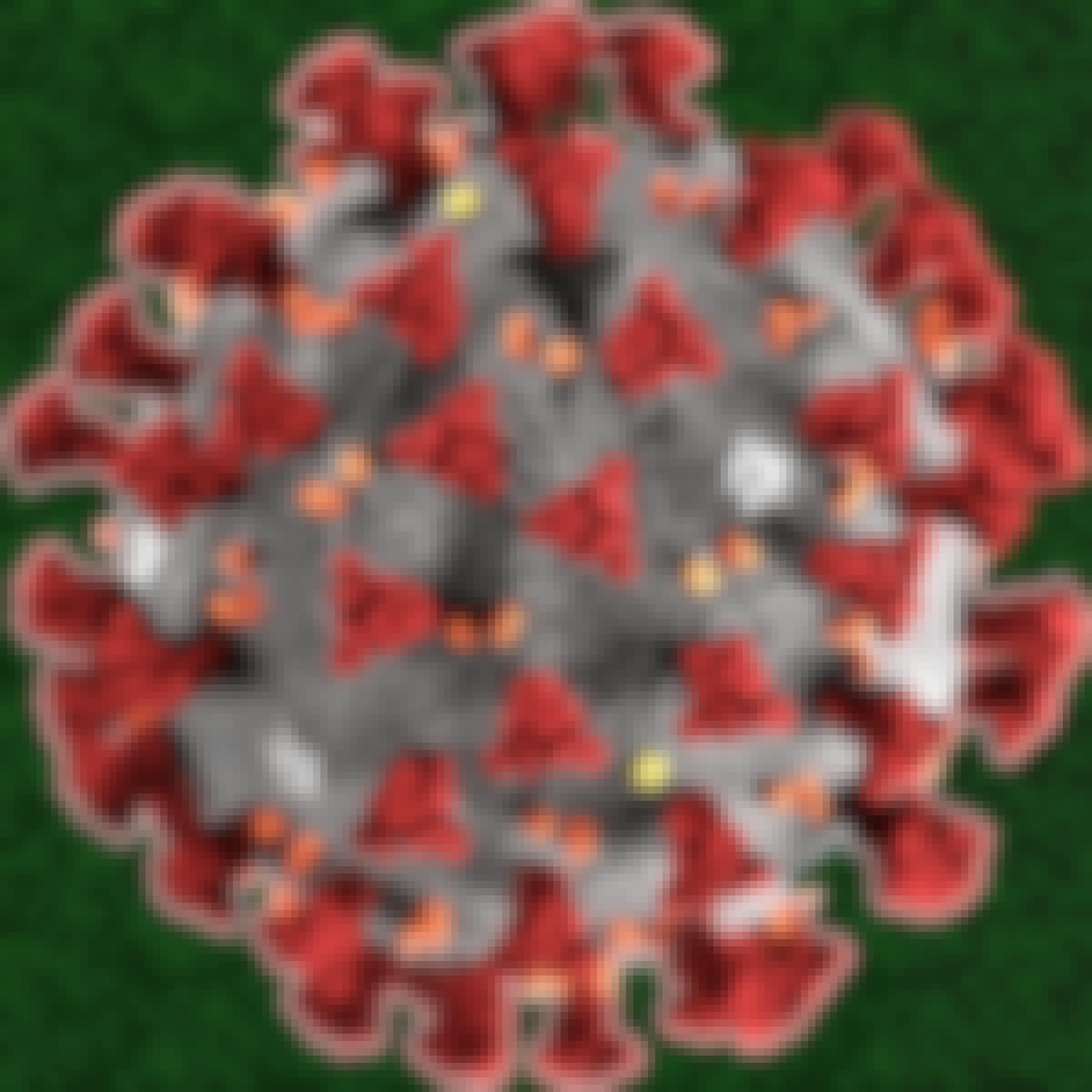Filter by
SubjectRequired
LanguageRequired
The language used throughout the course, in both instruction and assessments.
Learning ProductRequired
LevelRequired
DurationRequired
SkillsRequired
SubtitlesRequired
EducatorRequired
Explore the Medical Course Catalog

 Status: New
Status: NewSkills you'll gain: Electocardiography, Pediatrics, Patient Education and Support, Patient Assistance, Caregiving, Health Assessment, General Medical Tests and Procedures, Direct Patient Care, Vital Signs, Infection Control, Anatomy


University of Colorado Boulder
Skills you'll gain: Data Ethics, Ethical Standards And Conduct, Artificial Intelligence, Machine Learning, Emerging Technologies, Health Care, Personally Identifiable Information, Robotic Process Automation, Medical Records, Safety Assurance, Safety and Security


University of Glasgow
Skills you'll gain: Deep Learning, Electocardiography, Artificial Neural Networks, Data Processing, Electronic Medical Record, Data Cleansing, Machine Learning, Time Series Analysis and Forecasting, Predictive Modeling, Health Care, Intensive Care Medicine


University of California San Diego
Skills you'll gain: Bioinformatics, Computational Thinking, Network Analysis, Medical Science and Research, Infectious Diseases, Data Mining, Scientific Visualization, Big Data

Skills you'll gain: Embedded Systems, Machine Controls, Electronic Systems, Automation, Power Electronics, Engineering, Electronic Components, Basic Electrical Systems, Mechanical Design, Mechanical Engineering, Hydraulics, Thermal Management, Matlab, Real Time Data


Korea Advanced Institute of Science and Technology(KAIST)
Skills you'll gain: Life Sciences, Vital Signs, Pharmaceuticals, Medical Science and Research, Scientific Methods, Research


University of California San Diego
Skills you'll gain: Bioinformatics, Infectious Diseases, Network Analysis, Life Sciences, Tree Maps, Medical Science and Research, Taxonomy, Statistical Methods, Science and Research


Johns Hopkins University
Skills you'll gain: Survey Creation, Sampling (Statistics), Data Collection, Epidemiology, Health Assessment, Program Evaluation, Research Methodologies, Health Systems, Health Information Management and Medical Records, Data Quality, Data Integration, Diversity Awareness
 Status: New
Status: New
Universidad Nacional Autónoma de México
Skills you'll gain:
 Status: Free
Status: Free
Johns Hopkins University
Skills you'll gain: Epidemiology, Data Collection, Health Assessment, Data Strategy, Data Quality, Health Care, Health Information Management and Medical Records, Diversity Awareness, Diversity Equity and Inclusion Initiatives, Sociology, Demography, Research


Johns Hopkins University
Skills you'll gain: Clinical Trials, Data Analysis, Data-Driven Decision-Making, Analytics, Business Analytics, Decision Making, Random Forest Algorithm, Medical Science and Research, Treatment Planning, Personalized Service, Machine Learning


EIT Digital
Skills you'll gain: Information Privacy, Personally Identifiable Information, General Data Protection Regulation (GDPR), Data Ethics, Health Information Management and Medical Records, Health Care Procedure and Regulation, Regulation and Legal Compliance, Technology Strategies
In summary, here are 10 of our most popular medical courses
- Pediatric, Geriatric, Phlebotomy, and Cardiology Assisting: MedCerts
- Ethical Issues in Computing Applications: University of Colorado Boulder
- Deep learning in Electronic Health Records - CDSS 2: University of Glasgow
- Hacking COVID-19: Metabolic Pathway Analysis Yields SARS-CoV-2 Drug Targets: University of California San Diego
- CPS Design for Mechatronics, Healthcare, EV & Robotics: L&T EduTech
- Signaling actions of small molecules: Korea Advanced Institute of Science and Technology(KAIST)
- Hacking COVID-19 — Course 5: Tracing SARS-CoV-2's Evolution: University of California San Diego
- Emerging Approaches for Measuring Population Health: Johns Hopkins University
- Mediciones corporales para la salud: Universidad Nacional Autónoma de México
- Gender Foundations in Health Data: A Data for Health Course: Johns Hopkins University












